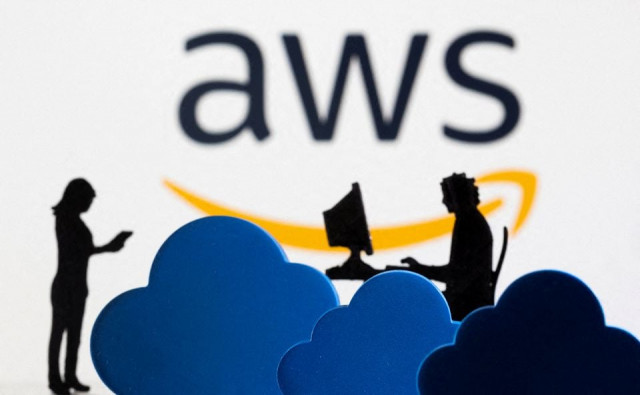EU draft rules propose tougher cybersecurity labelling rules for Amazon, Google, Microsoft
Cloud services must be operated and maintained from the EU

Amazon, Alphabet's Google, Microsoft and other non-European Union cloud service providers looking to secure an EU cybersecurity label to handle sensitive data can only do so via a joint venture with an EU-based company, according to an EU draft document seen by Reuters.
US tech giants and others involved in the joint venture can only have a minority stake, and employees that have access to EU data would have to undergo specific screening and have to be located in the 27-country bloc, the document said.
The document adds the cloud service must be operated and maintained from the EU, and all cloud service customer data stored and processed in the EU and that EU laws take precedence over non-EU laws regarding the cloud service provider.
The latest draft proposal from EU cybersecurity agency ENISA concerns an EU certification scheme (EUCS) that would vouch for the cybersecurity of cloud services and determine how governments and companies in the bloc select a vendor for their business.
While the new provisions underscore EU concerns of interference from non-EU states, they are likely to spark criticism from US tech giants worried about being shut out from the European market.
Big Tech is looking to the government cloud market to drive growth in the coming years while a potential boom in AI after the viral success of OpenAI's ChatGPT could also boost demand for cloud services.
"Certified cloud services are operated only by companies based in the EU, with no entity from outside the EU having effective control over the CSP (cloud service provider), to mitigate the risk of non-EU interfering powers undermining EU regulations, norms and values," the document said.
"Undertakings whose registered head office or headquarters are not established in a ember State of the EU shall not, directly or indirectly, solely or jointly, hold positive or negative effective control of the CSP applying for the certification of a cloud service," it said.
The document said the tougher rules will apply to personal and non-personal data of particular sensitivity where a breach may have a negative impact on public order, public safety, human life or health, or the protection of intellectual property.
The latest draft could fragment the EU single market as each country has full discretion to impose the requirements whenever it sees fit, an industry source said.
The US Chamber of Commerce has previously said that the plan puts US companies on an unequal footing. The EU says the moves are necessary to protect the bloc's data rights and privacy.
EU countries will review the draft later this month after which the European Commission will adopt a final scheme.


















COMMENTS
Comments are moderated and generally will be posted if they are on-topic and not abusive.
For more information, please see our Comments FAQ